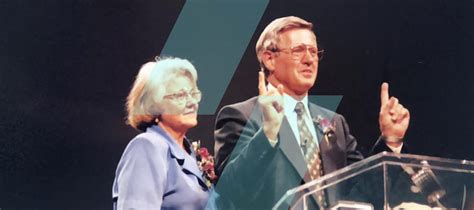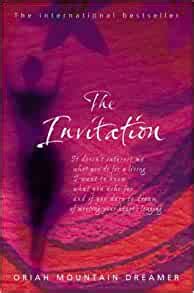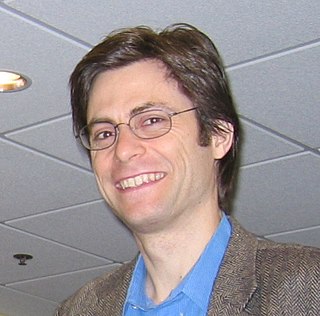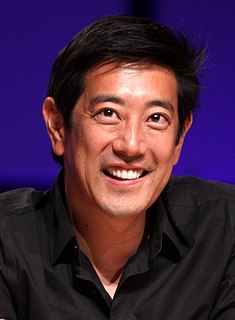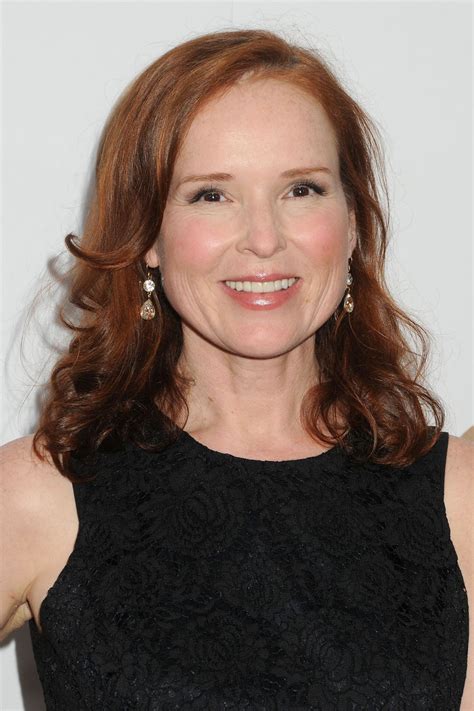A Quote by Bill Nye
I often reflect on what an extraordinary time (pun intended) it is to be alive here in the beginning of the twenty-first century. It took life billions of years to get to this point. It took humans thousands of years to piece together a meaningful understanding of our cosmos, our planet and ourselves. Think how fortunate we are to know this much. But think also of all that's yet to be discovered. Here's hoping the deep answers to the deep questions-from the nature of consciousness to the origin of life-will be found in not too much more time.
Quote Topics
Alive
Also
Answers
Beginning
Billions
Century
Consciousness
Cosmos
Deep
Discovered
Extraordinary
First
Fortunate
Found
Get
Hoping
How
Humans
In The Beginning
Intended
Know
Life
Meaningful
More
More Time
Much
Nature
Often
Origin
Origin Of Life
Our
Our Planet
Ourselves
Piece
Planet
Point
Pun
Questions
Reflect
Think
Thousands
Thousands Of Years
Time
Together
Too
Too Much
Took
Twenty
Understanding
Will
Years
Related Quotes
We drink too much, smoke too much, spend too recklessly, laugh too little, drive too fast, get too angry, stay up too late, get up too tired, read too little, watch tv too much. We have multiplied our possessions but reduced our values. We talk too much, love too seldom, and hate too often. We've learned how to make a living but not a life. We've added years to life, not life to years.
It is hard to be with another's pain if we cannot be with our own. Since I was a child I have always felt a deep sense of responsibility to ease others' pain. But I have discovered that often, beneath this genuine and admirable desire, lies an inability to be with my own sorrow. Several years ago, watching a close friend suffer when a brain aneurysm took away her life as she knew it, I wrote in my journal, "I won't ask much. But if you would just let me save your life, perhaps it will not hurt so much to know I cannot save my own.
When we stop fighting with ourselves, we aren't creating anymore conflict in our mind. Then our mind can for the first time relax and be still. Then for the first time our consciousness can become whole and unfragmented. Then total attention can be given to all of our thoughts and feelings. And then there will be found a gentleness and a goodness in us that can embrace all that is been given in the world. Then a deep love for everything will be the result of this deep attention. For this total attention, this soft and pure consciousness that we are, is nothing but Love itself.
You have so much more time to observe and learn with a documentary because of the time between the shoots. You get a much deeper understanding of day-to-day life and its themes. It's also much more of a mess after three years; you have to comb it out carefully and see what fits together and makes sense.
Given the scale of life in the cosmos, one human life is no more than a tiny blip. Each one of us is a just visitor to this planet, a guest, who will only stay for a limited time. What greater folly could there be than to spend this short time alone, unhappy or in conflict with our companions? Far better, surely, to use our short time here in living a meaningful life, enriched by our sense of connection with others and being of service to them.
This brief century of ours is arguably the most significant one in the history of our universe. We'll have the technology either to self-destruct, or [to] seed our cosmos with life. The situation is so unstable that I doubt we can dwell at this fork in the road for more than another hundred years. But if we end up going the life route instead of the death route, then in a distant future our cosmos will be teaming with life, all of which can be traced back to what we do-here and now. I don't know how we'll be thought of, but I'm sure that we won't be remembered as insignificant.
It goes a long way back, some twenty years. All my life I had been looking for something, and everywhere I turned someone tried to tell me what it was. I accepted their answers too, though they were often in contradiction and even self-contradictory. I was naive. I was looking for myself and asking everyone except myself questions which I, and only I, could answer. It took me a long time and much painful boomeranging of my expectations to achieve a realization everyone else appears to have been born with: That I am nobody but myself. But first I had to discover that I am an invisible man!
There are innumerable writing problems in an extended work. One book took a little more than six years. You, the writer, change in six years. The life around you changes. Your family changes. They grow up. They move away. The world is changing. You're also learning more about the subject. By the time you're writing the last chapters of the book, you know much more than you did when you started at the beginning.
The search for the purpose of life has puzzled people for thousands of years. That’s because we typically begin at the wrong starting point—ourselves. We ask self-centered questions like What do I want to be? What should I do with my life? What are my goals, my ambitions, my dreams for my future? But focusing on ourselves will never reveal our life’s purpose.
The twenty-first century will be a time of awakening, of meeting the creator within. Many beings will experience oneness with God and with all life. This will be the beginning of the golden age of the new human, of which it has been written; the time of the universal human, which has been eloquently described by those with deep insight among you.
When you think about exploring deep space, it's very dangerous for humans. To potentially sacrifice human life is a delicate proposition. On the flip side, if you want to send a robot to another planet for an extended period of time and at some point you know it'll cease to function, it's not considered a tragedy.
I tell my students, with a feeling of pride that I hope they will share, that the carbon, nitrogen, and oxygen that make up ninety-nine per cent of our living substance were cooked in the deep interiors of earlier generations of dying stars. Gathered up from the ends of the universe, over billions of years, eventually they came to form, in part, the substance of our sun, its planets, and ourselves. Three billion years ago, life arose upon the earth. It is the only life in the solar system.
I don't know if most people have truly taken on board what this says about our place in the natural world. It doesn't mean that humans are dominating the Earth, ruling over all of nature. In fact, it is a reminder that we are only a tiny part of nature, at the mercy of a system whose operations predate us by billions of years, and will continue billions of years after we're gone.

